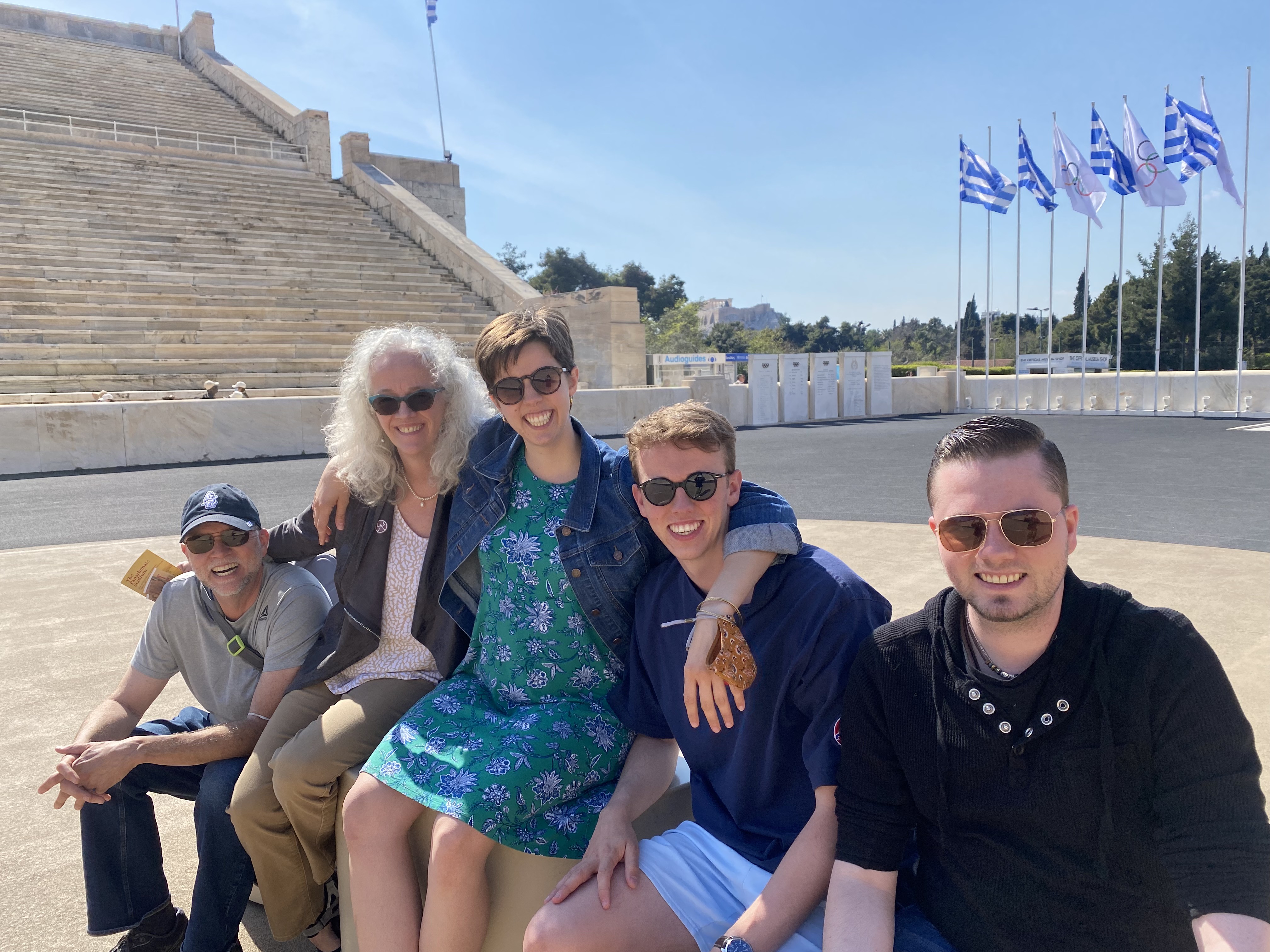"We Do Not Live Single Issue Lives"
In April 1977, the Black Radical Feminist group the Combahee River Collective (CRC) published a collective statement outlining their social, political, and economic beliefs. In it, they detail that their "particular task [is] the development of integrated analysis and practice based upon the fact that the major systems of oppression are interlocking."1 Among the more obvious oppressive systems such as racism and sexism, the CRC was also actuely aware that another form of oppression functioned to limit Black, Brown, and Indigenous women's opportunities - economic discrimination. More than a decade before scholar and law professor Kimberle Crenshaw officially coined the term "intersectionality," Black radical feminists were already articulating how their lives were shaped not just by racism, sexism, or homophobia, but also restrictive capitalist structures that made it harder for BIPOC people to own their own homes or business, build intergenerational wealth, obtain a loan, and send their children to college.2
My goal within this project has been, at a fundamental level, to understand. Understand why my family's world shifted so radically and so completely, even though as I now look back I realize that things could have been so much worse. So much of the 2008 recession was entirely out of our (and million's of people's) control, but for years it didn't seem like that. After awhile, when the banking sector of the economy rebounded and newscasters started to report that the U.S. economy was "getting better," it started to seem like perhaps it was our fault, perhaps we had done something to bring this hardship on ourselves. Time became a rare resource, while money, energy, and the ability to care for ourselves, our loved ones, and our community were stretched increasingly thin.
Laura Briggs asks as much when she questions "how did it get so hard to figure out how to both earn enough to eat and take care of children, elders, neighborhoods, and communities?"3 The 2008 recession represented one of the largest collapses of this equation, when it truly became too hard to both earn enough to eat and pay the mortgage, let alone take care of anyone living outside of one's immediate household.
It is my hope that this project has not only offered a historical analysis of reproductive justice and the 2008 financial crash, but also a chance to accept the grace that history can, sometimes, offer us. Much of the blame and fault that swirled around those I knew and loved at the time never fully went away, even as the years passed and the country slowly returned back to "normal." It isn't often that history gives us the chance to let ourselves off the hook, but I think the 2008 financial crash is one rare time when, as individual and families, we can accept that we tried our best with the bad hand that we were dealt over decades. Since the onset of neoliberalization, the erosion of the social security net, and declining support for welfare programs, "every family and household has the private responsibility to figure out how to support dependents and enable them to survive and thrive, even as they do so on an uneven playing field constructed by both business and government . . . It's not us. It's the economy." 4

So perhaps it's enough for now to place the 2008 recession in it's proper place by understanding that the vagaries of the market and the irresponsibility of banks, mortgage lenders, and lax public policy are not indicative of our failures as individuals. That is not to say we can't or don't own our mistakes, but I think it's instead much more productive to take the larger, more comprehensive perspective that understanding the longer history of this crisis offers us.
Although I often conclude my digital projects that focus on reproductive justice by trying to galvanize us all, myself included, into some form of action, in this case I feel that the idea "rest is radical" is even more appropriate. I say this because, more than anything, what I see from those who worked to survive the 2008 housing crash and the endless struggles of working-class parents is just how tired people are. Tired of scrimping and scratching to make it to the end of the month, tired of worrying, spending countless hours doing the "mental math," tired of working until one thinks they might collapse, and tired of feeling ashamed and guilty. As Fannie Lou Hamer famously remarked in 1964, "I'm sick and tired of being sick and tired." It is in this regard that rest can truly be radical and its own act of resistance.
That is my hope for us, for my family, and for everyone who is struggling and suffering years, even decades, later. We all deserved better than what we received, and it's my fervent belief that the history of reproductive and housing justice can continue to help us create new and better futures.
End Notes
[1] Combahee River Collective, "Combahee River Collective Statement," April 1977. Accessed: 4/21/2022. Link.
[2] To learn more about Kimberle Crenshaw and her work, please visit this link.
[3] Briggs, How All Politics Became Reproductive Politics, 6.
[4] Briggs, How All Politics Became Reproductive Politics, 8, 10.
